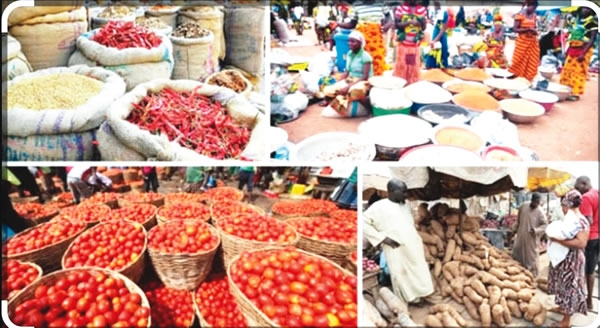Six months have passed since the Nigerian government vowed to tackle the country's soaring food prices. However, citizens are yet to see any tangible results from the promised intervention.
Despite assurances from officials, the cost of staple foods remains prohibitively high, leaving many Nigerians struggling to make ends meet.
The government's pledge to address the issue was welcomed with optimism, but as the weeks turned into months, hopes began to dwindle.
With no significant decrease in food prices, many are left wondering what became of the government's plan to ameliorate the situation.
As the wait continues, Nigerians are growing increasingly frustrated, calling on the government to take concrete action to address the crisis and provide relief to those struggling to afford basic necessities.
The Minister of Agriculture and Food security, Abubakar Kyari, announced the plans then on his verified X handle in July last year.
Kyari had stated that the measures would be implemented over the next 180 days with the expectation to reduce soaring prices of food items.
The Minister explained that the initiatives included a 150-day Duty-Free import window for food commodities, suspension of duties, tariffs, and taxes on imports of specific food commodities, including maize, husked brown rice, wheat, and cowpea, through land and sea borders.
“Our administration has unveiled a series of strategic measures aimed at addressing the high food prices currently affecting our nation. These measures will be implemented over the next 180 days.
“They include; 150-day Duty-Free Import Window for Food Commodities suspension of duties, tariffs, and taxes for the importation of certain food commodities through land and sea borders. These commodities include maize, husked brown rice, wheat, and cowpea,” the Minister said.


